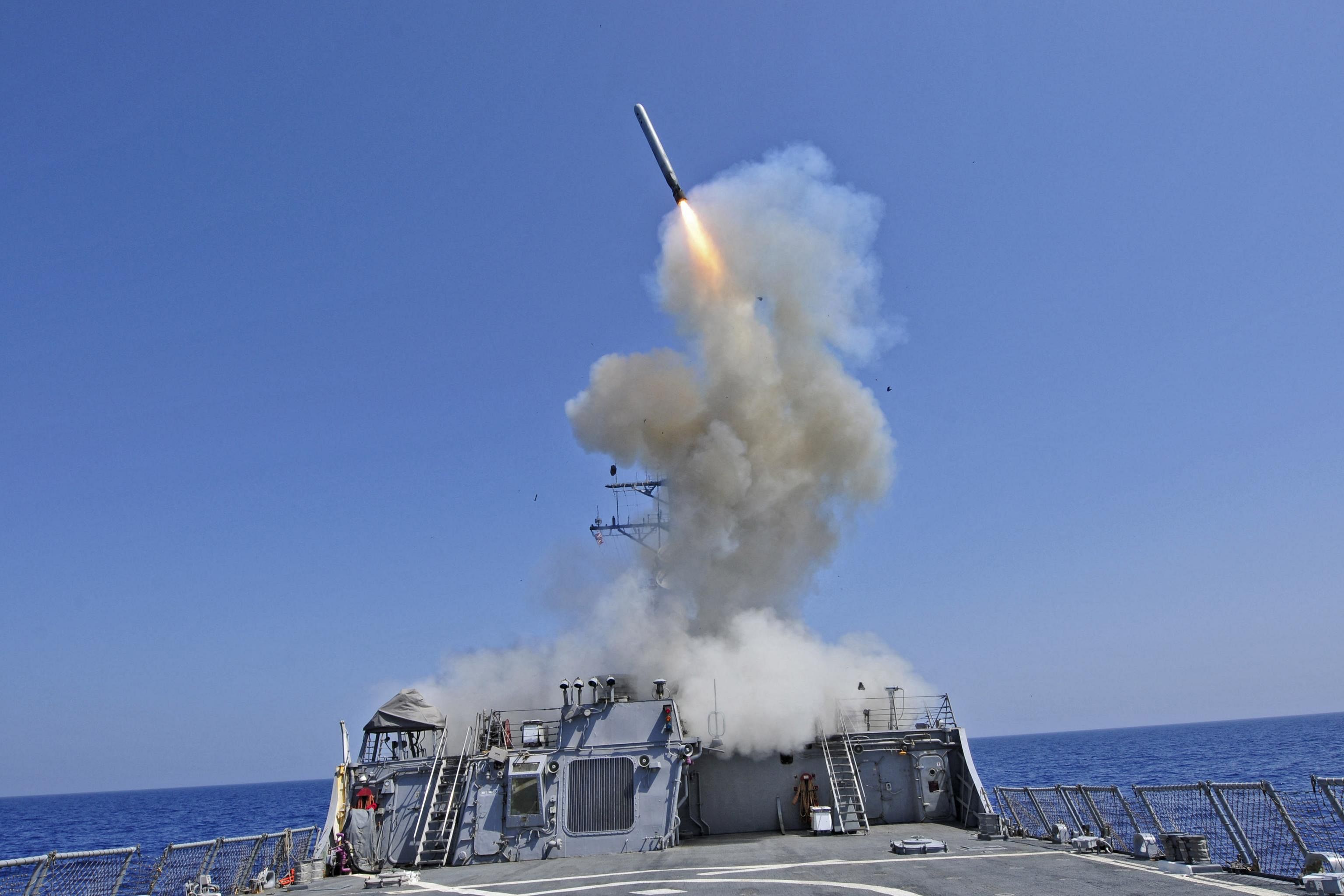Australia's nuclear submarine programme: Pros and cons of going nuclear
Sign up now: Get insights on Asia's fast-moving developments
As part of a new trilateral security partnership announced between Australia, the United States and Britain on Wednesday (Sept 15), Australia will acquire the technology and capability to deploy nuclear-powered submarines.
Here are the pros and cons of going nuclear for Australia's navy.
Nuclear submarines: limitless range, less detectable, faster
Submarines with nuclear propulsion systems have limitless range and are less detectable in operation. Conventional submarines, on the other hand, must surface periodically and have a comparatively limited range, and are viewed as being outclassed by China's growing capabilities.
In 2009, British and French nuclear submarines collided in the Atlantic Ocean, with media reports attributing the inability of either submarine to detect the other being a factor in the accident.
Numerous reports have also said that nuclear submarines can reach speeds of 55 kmh or more when submerged, and have a cruising speed of 38kmh to 47kmh. Conventional submarines have a cruising speed of 10kmh to 27kmh.
A nuclear submarine would give the Australian navy the ability to patrol the Indo-Pacific for a longer time and farther, venturing as far north as Taiwan.
A step closer to China's submarine fleet
Australia wants eight nuclear submarines. It would take as many as 18 months to work out details of the agreement before work on the submarines begins in Australia. Building and commissioning such nuclear-powered submarines can take years, or even decades.
Nonetheless, this will bring it closer to China's existing fleet of six Shang-class nuclear submarines, but the latter also owns an additional 50 diesel/electric submarines.
Limited areas of operation
Nuclear submarines are often bigger and thus less manoeuvrable in shallow coastal waters, which may prove to be a strategic disadvantage in certain circumstances.
Furthermore, New Zealand Prime Minister Jacinda Ardern announced that New Zealand will continue to maintain a ban on nuclear-powered vessels in its waters, reducing the areas that Australian submarines will be allowed to operate in.
A similar move may be made by individual ports in Australia, with Fremantle in Western Australia instituting its own ban on nuclear-powered vessels previously, as well as Melbourne expressing a similar concern.

A US Tomahawk cruise missile being launched from a US destroyer in the Mediterranean Sea on March 29, 2011.
PHOTO: AFP
Nuclear-related issues to be sorted out
Unlike other countries with nuclear submarines, such as the US and China, Australia does not have a domestic nuclear industry able to support the manufacturing of these vessels.
While not entirely necessary, it would also imply that Australia will have to rely on another nation for the nuclear fuel. The issue of disposing nuclear waste from the submarine's operation will also need to be addressed.
Sources: AFP, BLOOMBERG, NYT, ABC NEWS


